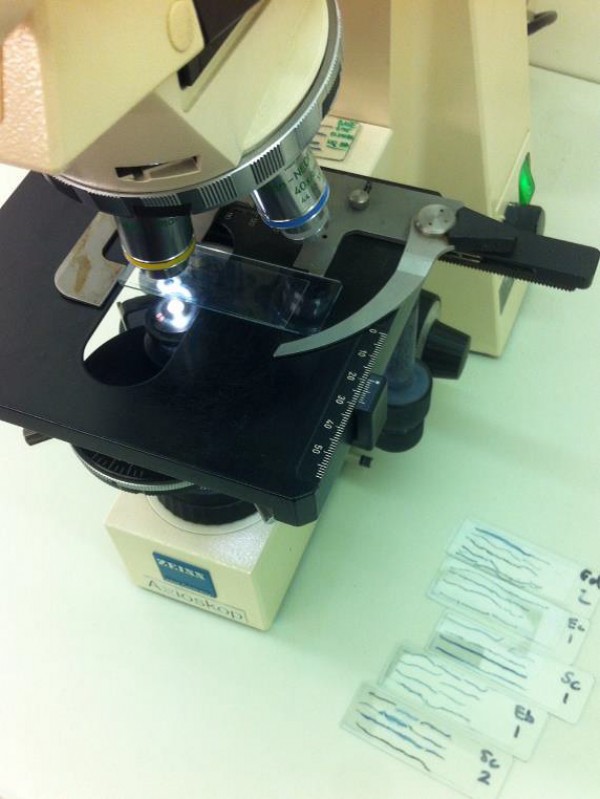

Soil organic matter includes all the organic substances in or on the soil. Living organisms: Bacteria, fungi, nematodes, protozoa, earthworms, arthropods, and living roots, as well as dead plant material.
Soil organic matter stores energy and nutrients used by plants and other organisms, while bacteria, fungi, and other soil dwellers transform and release the nutrients from organic matter. In general, soil organic matter is made of roughly equal parts humus and active organic matter. Active organic matter is the portion available to soil organisms.
Soil organisms range in size from one-celled bacteria, algae, fungi, and protozoa, to more complex nematodes and micro-arthropods, to the earthworms, insects, small vertebrates, and plants. Soil organisms support plant health as they decompose organic matter, cycle nutrients, enhance soil structure, and control the populations of soil organisms including crop Pests and all plants – grass, trees, shrubs, agricultural crops – depend on this food web for their nutrition.
The biological complex of a soil system affects processes such as nutrient cycling, the formation of soil structure, pest cycles, and decomposition rates. A healthy soil effectively supports plant growth, protects air and water quality, and ensures human and animal health.
Date Posted: 29th January 2018



